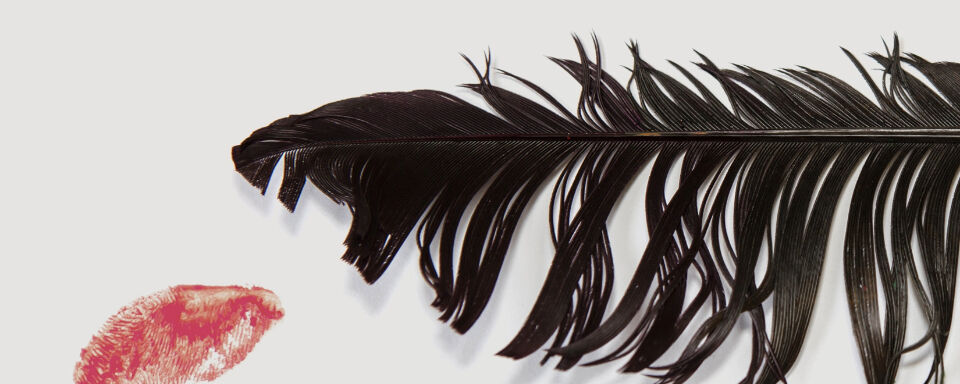
Indigenous Peoples' Day
Please join us as we recognize Indigenous Peoples' Day with these books:
Everything That Hurt Us Becomes a Ghost: Poems
by Sage Ravenwood
Now Available!
“‘There’s no flesh between love and pain . . . Twin shadows Never one without the other’—so begins Sage Ravenwood’s brilliant debut collection Everything That Hurt Us Becomes a Ghost. In each poem, we witness a girl, a woman, a self clawing at these twin shadows, desperate to extricate herself. Ravenwood asks, ‘Did you know, / Anger has a brother named Fear,’ giving us glimpses of what violence and abuse feel like, even as she warns us: ‘I own this darkness / The batteries in your flashlight are dead.’"
— Shipra Agarwal, writer and founder of Lityatra, a platform that supports the journeys of BIPOC authors
Sage Ravenwood is a deaf Indigenous poet whose work deals with the lingering, resurgent trauma of familial violence and the machinations of colonialism. Everything That Hurt Us Becomes a Ghost is a poet’s response to her place in the wider world, exploring grief, anger, tenderness, and defiance. Ravenwood sheds light on Indigenous issues such as MMIW (Missing and Murdered Indigenous Women) and the Native American boarding schools, but she also makes space to center the natural world and her reverence of it. The poems in this collection are unafraid to name rage and pain as driving emotions yet strive for understanding and a way forward to healing.
Paris in America: A Deaf Nanticoke Shoemaker and His Daughter
by Clara Jean Mosley Hall
“Paris in America opens a door for deepening our understanding of the complexity of black and Native American (Nanticoke) history, and achieves this feat in a moving story of a daughter's love for her deaf father. Clara Jean Mosley Hall's memoir inspires even as it sensitizes us to the rich lives our country tends to marginalize.”
— Charles Johnson, National Book Award winner and Professor Emeritus, University of Washington
Watch Hall discuss her book.
Clara Jean Mosley Hall has inhabited various cultural worlds in her life: Native American, African American, Deaf, and hearing. The hearing daughter of a Deaf Nanticoke man, who grew up in Dover, Delaware’s Black community in the 1950s and 60s, Hall describes the intersections of these identities in Paris in America. By sharing her father’s experiences and relating her own struggles and successes, Hall honors her father’s legacy of hard work and perseverance and reveals the complexities of her own unique background.
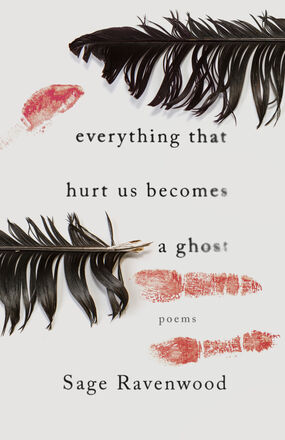
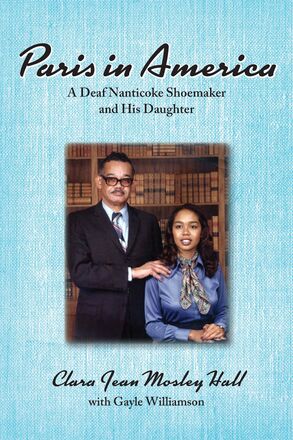
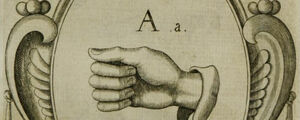
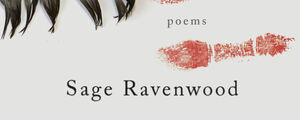
Comments